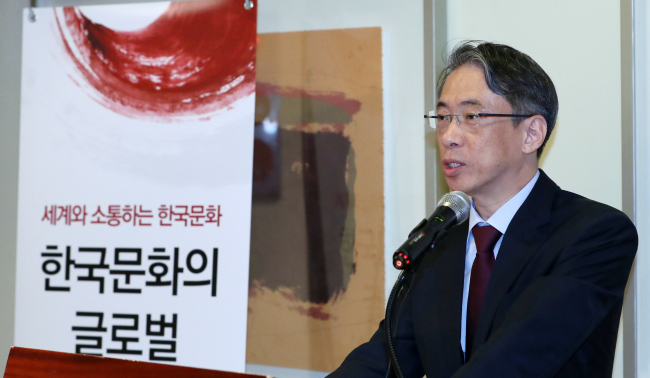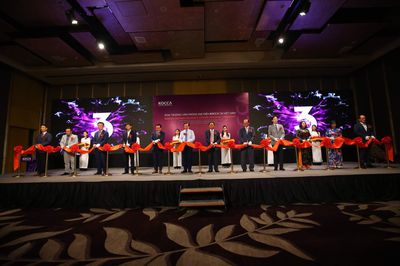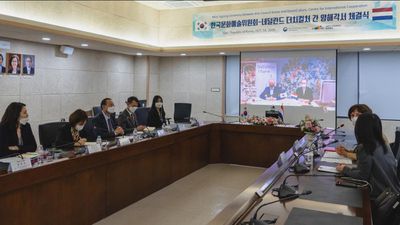posted on
Korea to expand Hallyu cultural exchanges in ASEAN and CIS countries

The Korean Culture and Information Service (KOCIS) has announced its strategies aimed at boosting Hallyu or Korean Wave, referring to the popularity of Korean entertainment and culture in other parts of the world. For the period 2019 - 2022, years of cultural exchange between Korea and Malaysia, the Philippines, Viet Nam and the Russian Federation have been announced.
The Korea Herald reports that, in a bid to further spread Korean pop culture throughout the world, Korea will seek cultural exchanges with other countries, including members of ASEAN and CIS, the state-run agency promoting Korean culture has said.
The plan consists of three major categories: spreading Hallyu through diversification in regions, coordinating cooperation among government agencies to help support the spreading of Korean cultural content in all sectors and fostering overseas Korean culture centers.
The KOCIS plans expanding cooperation with neighboring countries, namely celebrating anniversaries of Seoul’s diplomatic ties with ASEAN countries with cultural exchange. Korea will mark the 70th anniversary of ties with the Philippines next year, the 60th with Malaysia in 2020 and 30th with Vietnam in 2022, and these years have been designated the “year of cultural exchange” with the respective countries.
The culture center in Indonesia and other countries will see expanded functions while Malaysia will see a new center built.
Korea will reach beyond Asia to the Commonwealth of Independent States as well, promoting Korean culture in the countries namely by marking 2020 for cultural exchange between Russia and Korea, creating a culture center in Uzbekistan.
The “Feel Korea” project will introduce Korean culture in Russia, ahead of the World Cup in June.
In addition to pop culture, the KOCIS will seek to boost interest in art, performance, literature and other sectors.
Read full article in The Korea Herald
Similar content
posted on
posted on
posted on
posted on
posted on
posted on




